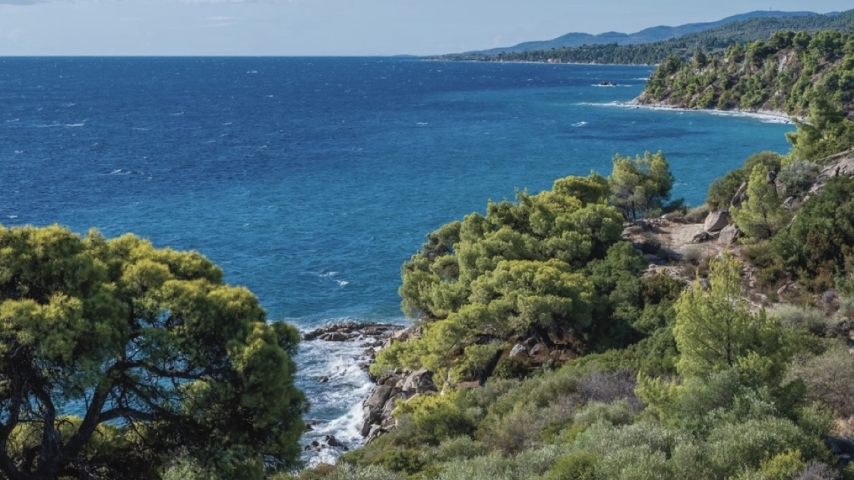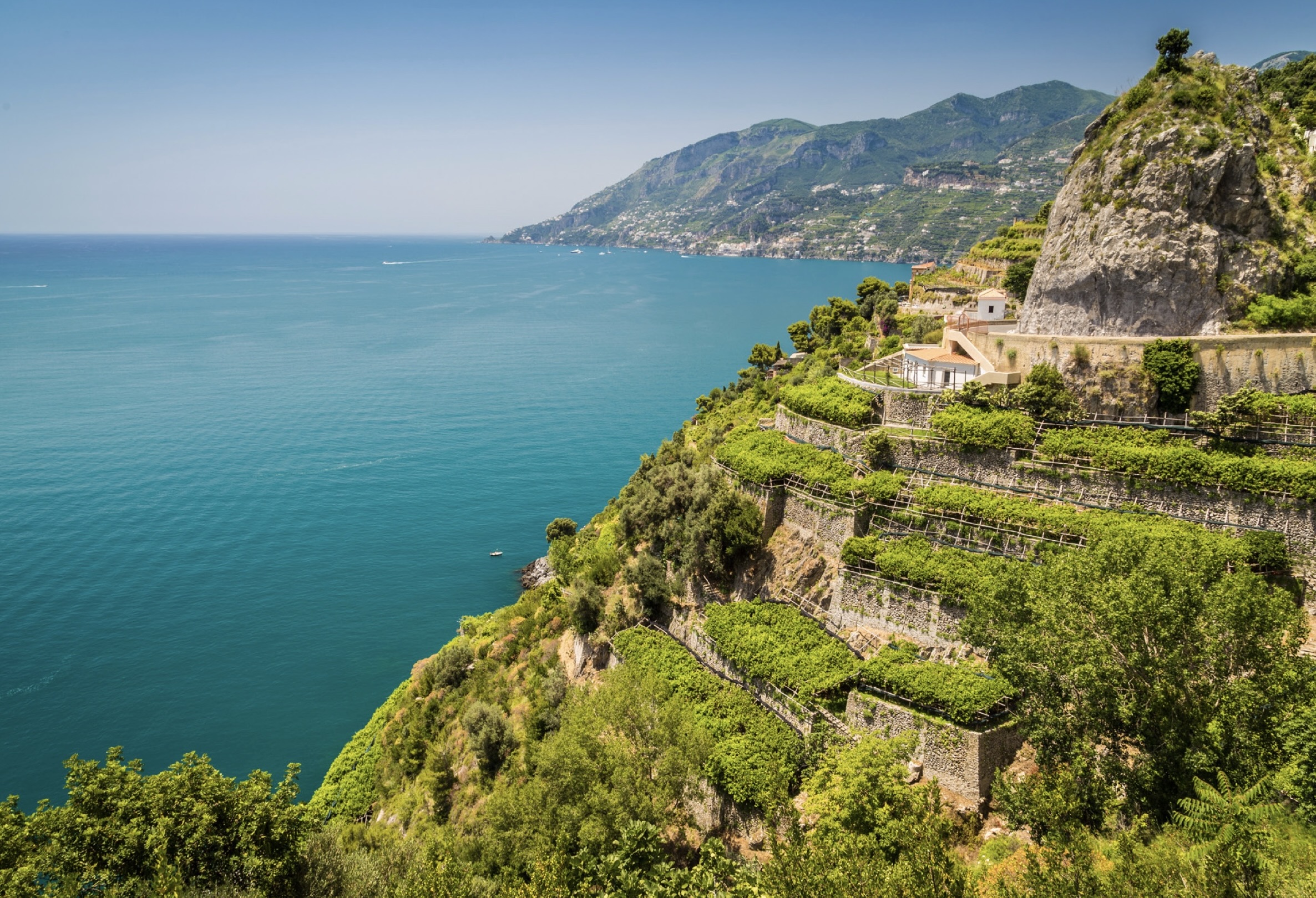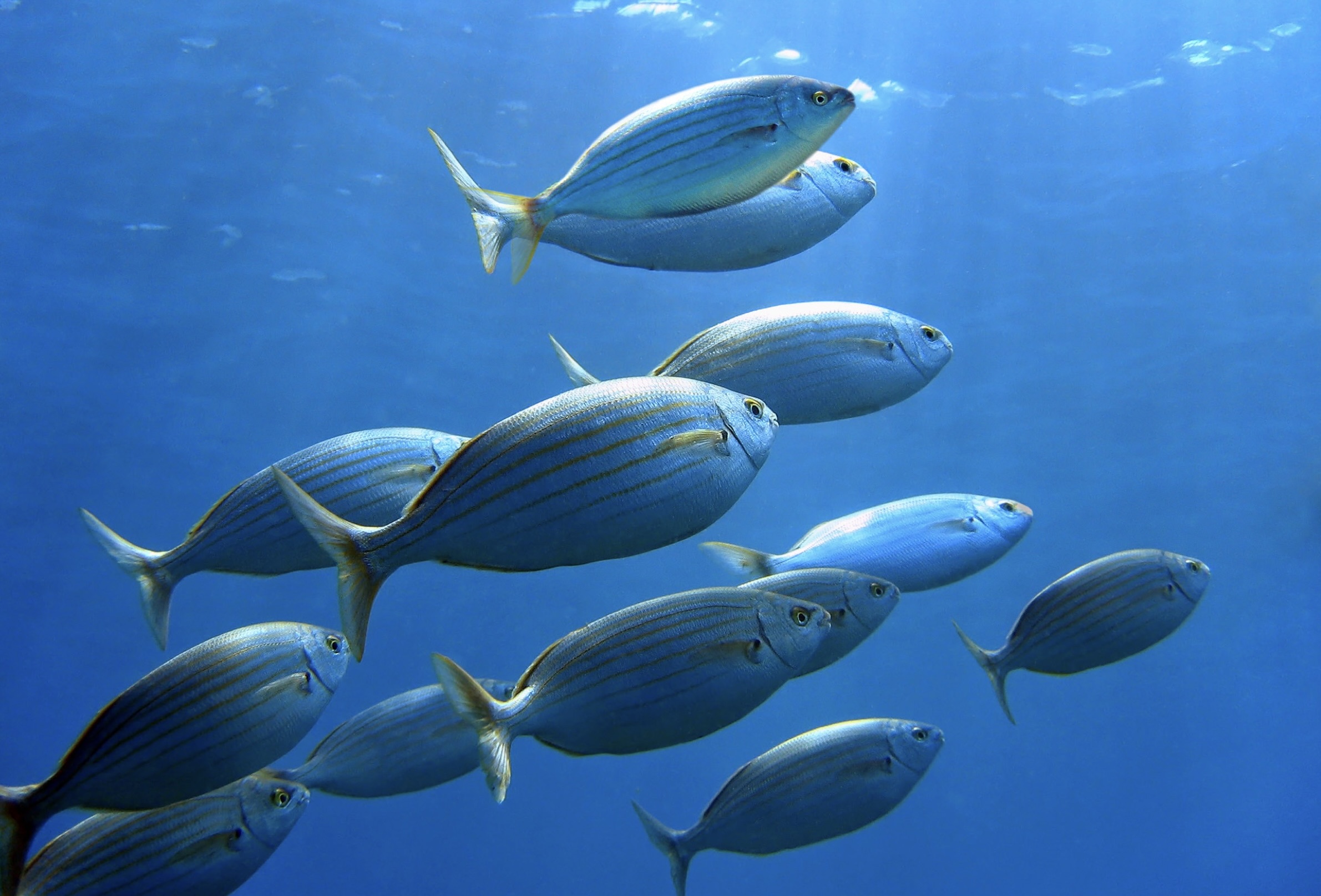
Photo credits: Plan Bleu.
NICE - As the world’s attention turns to the United Nations Ocean Conference (UNOC) unfolding this June in the French Riviera, one report has quietly but resolutely cut through the diplomatic fanfare. Titled The Mediterranean by 2050, the newly published study by Plan Bleu lays bare an uncomfortable truth: one of the planet’s most storied seas, a cradle of civilization and cultural exchange, is fast becoming a casualty of human excess and environmental neglect.
Founded four decades ago under the auspices of the United Nations Environment Programme (UNEP), Plan Bleu has long used the Mediterranean as a kind of ecological litmus test—a contained, complex, and culturally rich body of water that mirrors many of the environmental stresses facing oceans worldwide. Enclosed by 22 countries and home to over 500 million people, the Mediterranean’s relatively small volume of 3,765,000 cubic kilometers—minuscule when set against the vast 1.37 billion cubic kilometers of the world’s oceans—makes it uniquely susceptible to pollution, overfishing, biodiversity loss, and the long-term impacts of climate change.

Photo credits: Plan Bleu.
Its very limitations have become its strength. Over the past 40 years, the Mediterranean has served as an open-air laboratory, enabling researchers to closely monitor the ripple effects of policy decisions, industrial expansion, and warming temperatures. “The Mediterranean is a myth,” Plan Bleu’s researchers note, “but also a mirror. What happens here, happens everywhere—only sooner and more starkly.”
The MED 2050 report, which will be officially presented during the UNOC conference in Nice, is the result of a four-year participatory foresight initiative. Bringing together roughly 100 experts from across disciplines and borders, the study lays out six future scenarios for the region. These are not mere academic exercises; they are carefully modeled projections designed to inform the region’s leaders—political, economic, and civic—about the critical choices that must be made today to avert ecological and societal breakdown tomorrow.
From sustainable resilience to continued degradation, the scenarios present a sobering spectrum of what could lie ahead. While the full details of each path will be explored during the conference, the underlying message is clear: without immediate and coordinated action, the Mediterranean risks becoming a cautionary tale of what happens when myth overtakes responsibility.

Photo credits: Plan Bleu.
The MED 2050 report does more than diagnose a crisis. It proposes frameworks for hope—pathways that blend scientific insight with pragmatic policy shifts, international cooperation, and a re-centering of the region’s environmental heritage. It urges decision-makers not just to react to problems as they arise but to proactively shape a shared future grounded in equity, sustainability, and long-term vision.
As Nice welcomes delegates from across the globe, the Mediterranean itself will not be a passive backdrop. It will be the subject, the symbol, and the litmus test of our collective will to act.
In the words of Plan Bleu: this sea is not just a body of water. It is a memory, a mirror, and—perhaps—still a promise.

